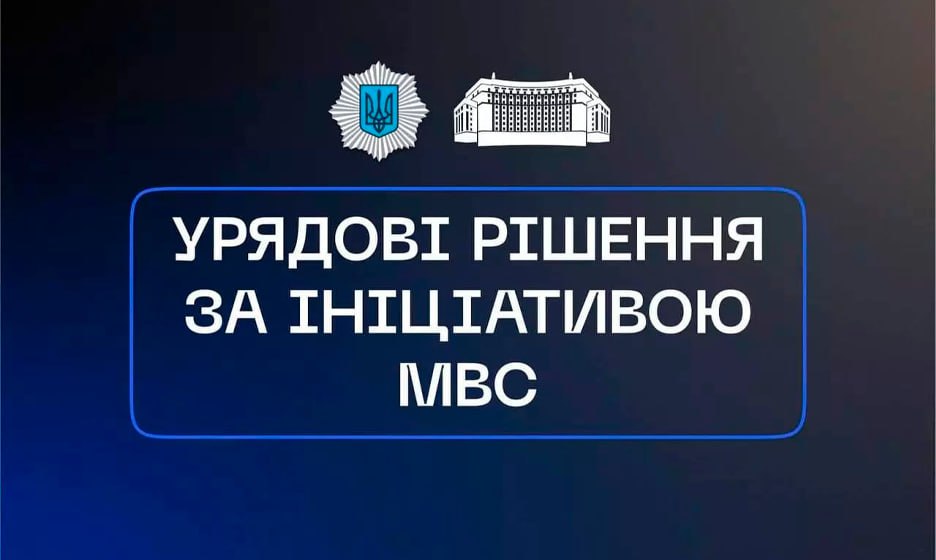Money for “likes” - cyber police warn against online scammers

Cyber police urge citizens not to be tempted by offers of easy earnings on the Internet: scammers offer to watch short videos and put “likes” on popular social networks for money. Do not rush to follow the instructions of strangers and provide confidential information or transfer money to the accounts of third parties.

One of the common fraudulent schemes is the offer of easy earnings for watching video content. Scammers spread relevant messages in popular messengers. Supposedly, you just need to follow the links sent and put likes to videos in “TikTok” or reviews in “Google Maps”.
For completed tasks, attackers can pay from 100 to 500 hryvnias to enter into trust with a potential victim. In this way, they collect personal data, including bank card information.
In the future, scammers offer to join the so-called “working group” with the opportunity to earn much more. The citizen receives the task of paying for the purchase of goods or services determined by the administrator of the group. For the first time, this is a relatively small amount. There is even a chance to get a payment on the card after the first time — so fraudsters rub even more into trust.
The next step is for administrators to offer to purchase a non-existent product at significantly higher prices. At the same time, they provide phishing links to fraudulent online stores, where you need to enter confidential payment information.
In this way, attackers gain access to victims' accounts and appropriate their savings.
If you are aware of such a “scheme”, you should not try to get money from scammers even at the first stages - any communication with scammers is a risk of losing your savings.
In order not to become a victim of scammers, the cyber police recommend that you follow the following tips:
- give preference to vacancies with official employment;
- do not trust the offers of strangers to get money for nothing - most likely you came across scammers;
- do not make transfers to unknown accounts;
- do not disclose confidential information to third parties (card data, login and passwords for online banking, etc.);
- never enter confidential data on suspicious sites;
- do not follow dubious hyperlinks, because a phishing resource may be hiding behind them. Carefully look at the URL of the desired site - any inaccuracy may indicate that you are on a phishing resource.
If the information about the bank card is disclosed, contact the bank and block the card.
In case of detection of fraud, immediately report to the cyber police.
National Police Ukraine






